With Liverpool on course to win their first-ever Premier League title, this will be a campaign unlike many other winners’—not defined by their signings.
Jurgen Klopp can feel both the greatest sceptic about the January window and the finest advertisement for it. There have been few more transformative transfers than Liverpool’s mid-winter move for Virgil van Dijk two years ago.
This season, Klopp did his January business before January started, arranging the arrival of Takumi Minamino for what feels a cut-price £7.25 million.
Then he sat the window out. It still gave him more January additions than Pep Guardiola or an irritated Frank Lampard.
It spared him the mockery that came the way of Ole Gunnar Solskjaer after Man United flirted with Josh King and Glenn Murray and ended up with Odion Ighalo in the last dance of the desperate.
But Klopp made a valid point at the end of the window. “A squad like this, to improve easily would be really strange,” he said.
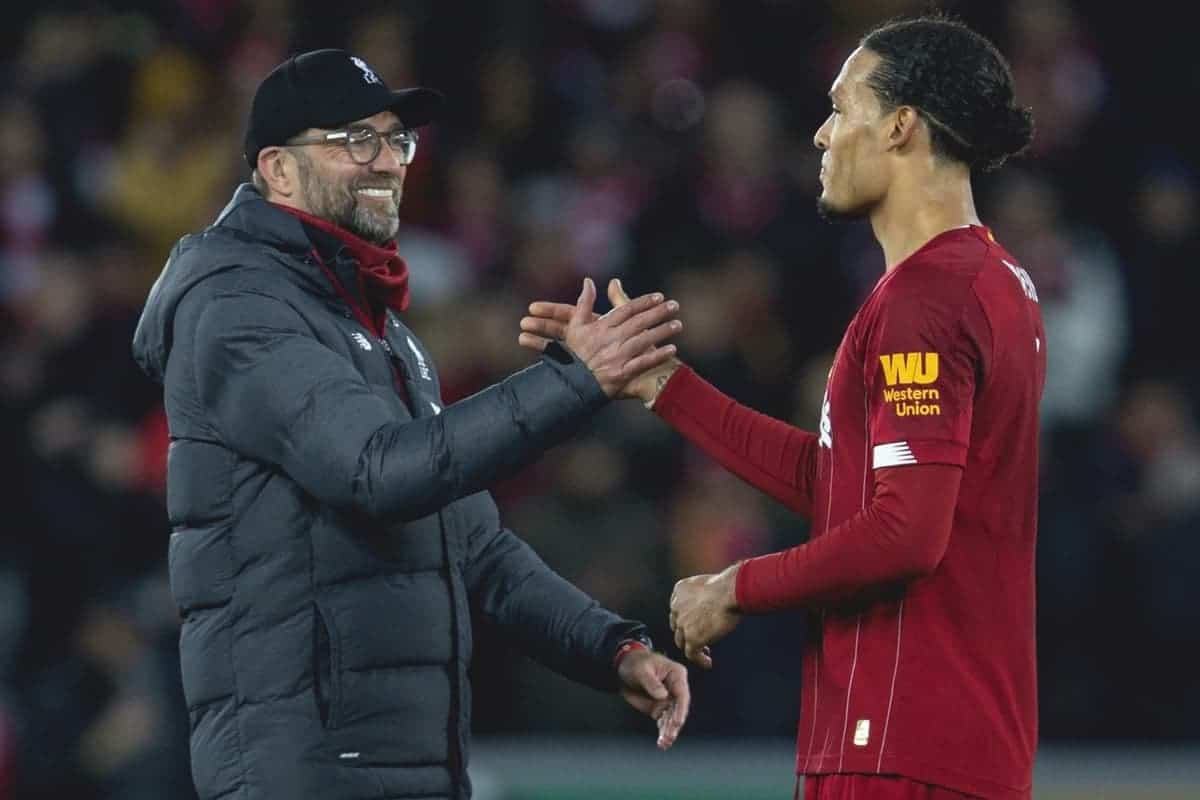
Liverpool’s progress has been powered by coaching and tactics, by strategy and signings. Without inspired arrivals, they would not be in such a commanding position. And yet, in the process, they have rendered the transfer market if not irrelevant, then altogether less important. There are no easy improvements.
It is uncontroversial to call Liverpool the best team in the world now, hard to deny that Alisson and Van Dijk are the finest footballers in their respective positions and possible to argue others are as well. Even the exceptions were bought and trained to a plan so they suit a system.
The pool of players capable of improving Liverpool has shrunk as the team has grown. The list of potential targets should be smaller.
When Klopp arrived, he inherited a team 10th in the Premier League with a mix-and-match of a squad. There was far more scope to get better and far more players out there who looked an upgrade.
Now it is possible to survey the January deals and conclude that even the most ambitious and auspicious—Bruno Fernandes, Steven Bergwijn, Giovani Lo Celso—might have only been in the position Minamino is: as an Anfield squad player who has to adjust to a new blueprint.
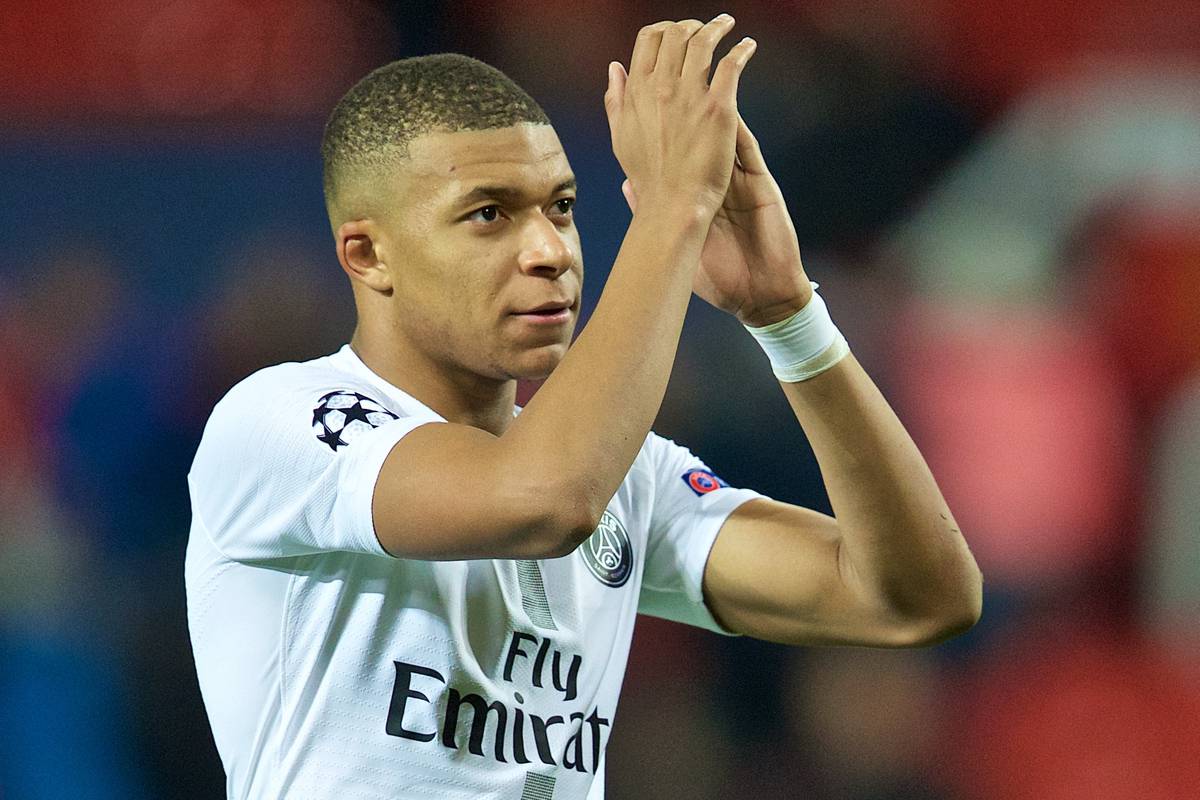
Meanwhile, it is the nature of the market that some of the players who definitively would offer something extra are unavailable. Names such as Kylian Mbappe, who could be of interest at a realistic price, and Lionel Messi, whose last game at Anfield could forever remain a 4-0 defeat, are cases in point.
The latter will never join; the former, like other prospective targets such as Jadon Sancho and Kai Havertz, might not.
Klopp has been astute enough to realise he doesn’t need to stockpile superstars, though; perhaps it helps the harmony in his camp that his bench is not staffed by those who expect to start so he is not trying to accumulate the six best forwards in the world.
He can find improvement without buying. Liverpool have also negated the need for an overhaul. Gini Wijnaldum apart, every member of his strongest side is contracted until at least 2023, and it would be no shock if the Dutchman extends his deal.
The running machine James Milner is 34, but Liverpool do not have to worry about tiring legs. Their age profile is almost perfect for now.
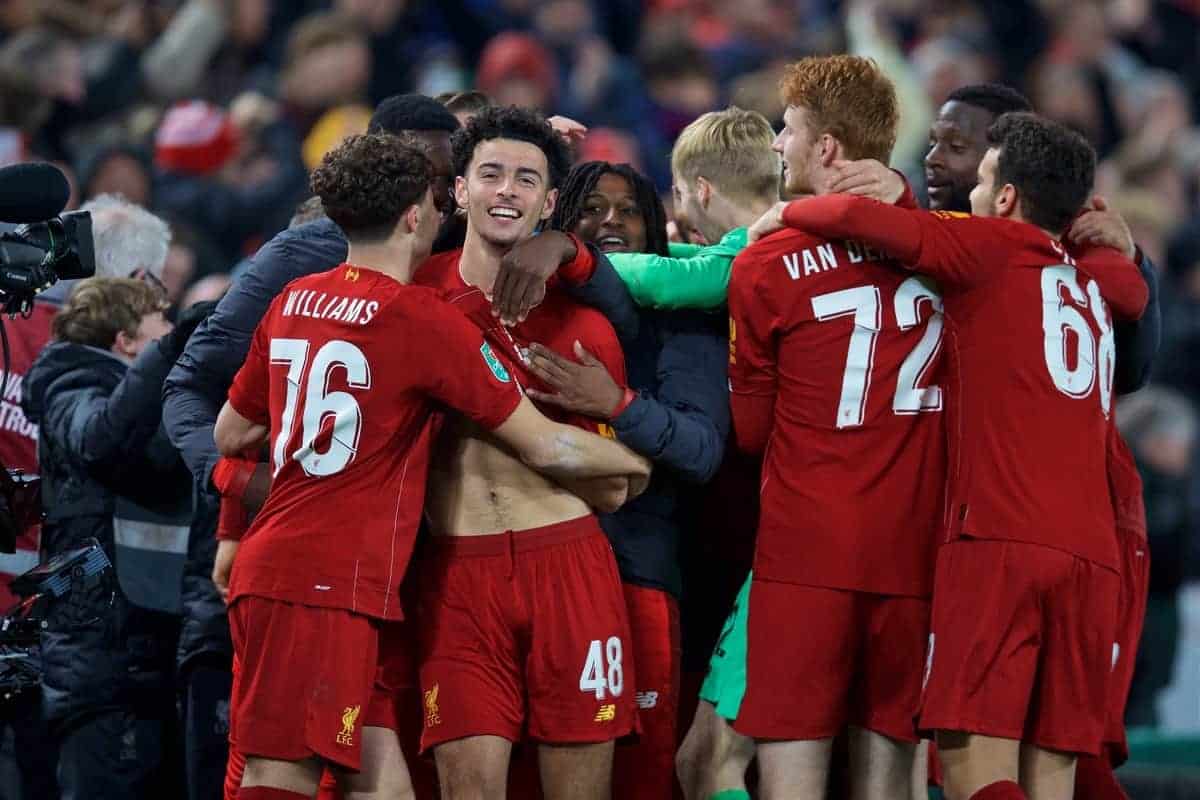
There are no ticking timebombs; not in the next 18 months, anyway. The two likeliest departures in the summer are Adam Lallana and Nathaniel Clyne, whose contracts expire.
Liverpool’s academy has provided succession planning in both positions; while it is very possible Naby Keita and Alex Oxlade-Chamberlain could absorb Lallana’s first-team minutes, the rise of the precocious Curtis Jones offers an internal replacement.
Neco Williams and Ki-Jana Hoever could be the backup right-backs, with a bit of assistance from the ageless Milner; maybe Yasser Larouci, Adam Lewis and Milner will avert the need for another left-back.
The next most probable to go is Xherdan Shaqiri; in Harvey Elliott, Liverpool look to have another answer within while Minamino could also benefit from more extended opportunities.
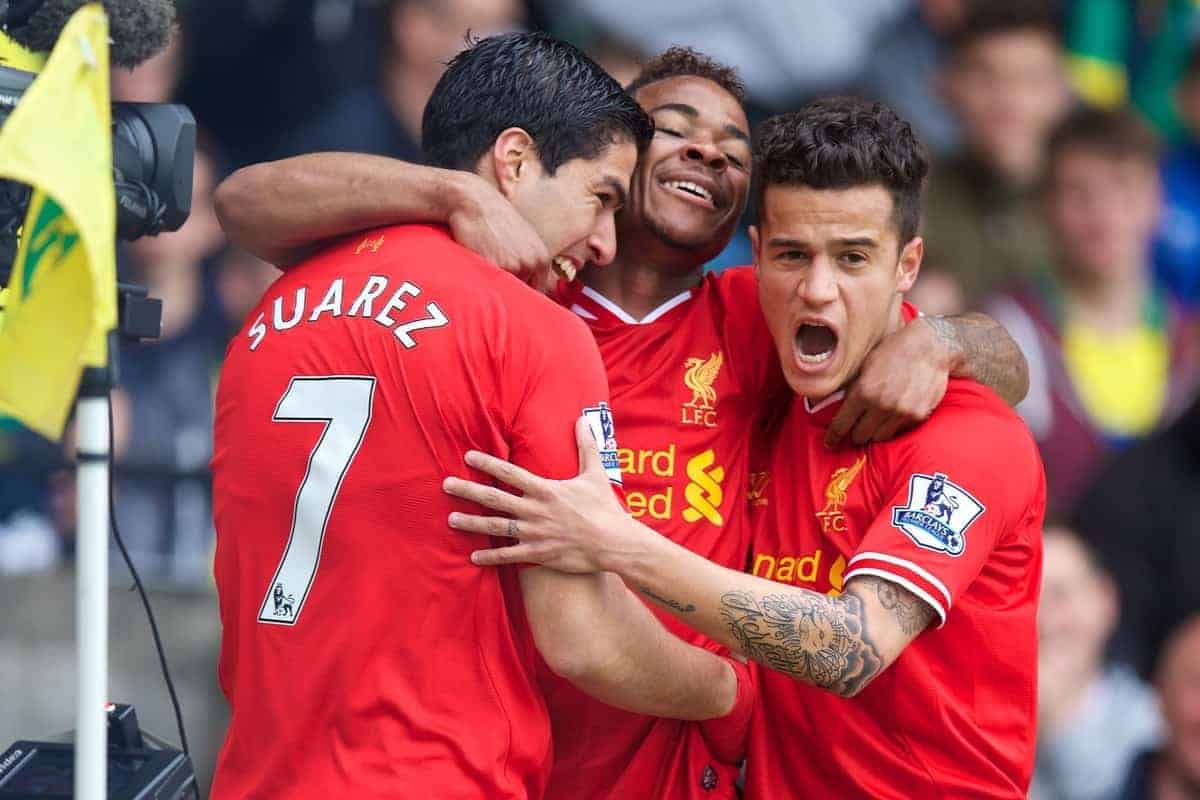
Success has its benefits. A reason why Liverpool could not enjoy such continuity—and why they had to delve into the transfer market—in the past was that their players were plucked from them.
It is safe to say Brendan Rodgers would rather have kept Luis Suarez than sign Rickie Lambert, Mario Balotelli and Lazar Markovic, even if there were greater, if mixed, benefits the following year when Raheem Sterling left and Roberto Firmino and Christian Benteke arrived.
Now Liverpool represents a destination club which, in turn, should mean that when they do want to buy someone others covet, they stand a better chance of landing their target.
The paradox of transfers is that the better a club is at them, the less they then need them. They do not need to buy because they got last year’s signings wrong and need an immediate replacement.
If they have an almost-perfect hit rate—and, while the jury remains out on Keita, Liverpool do—they have turned problem positions into strengths.
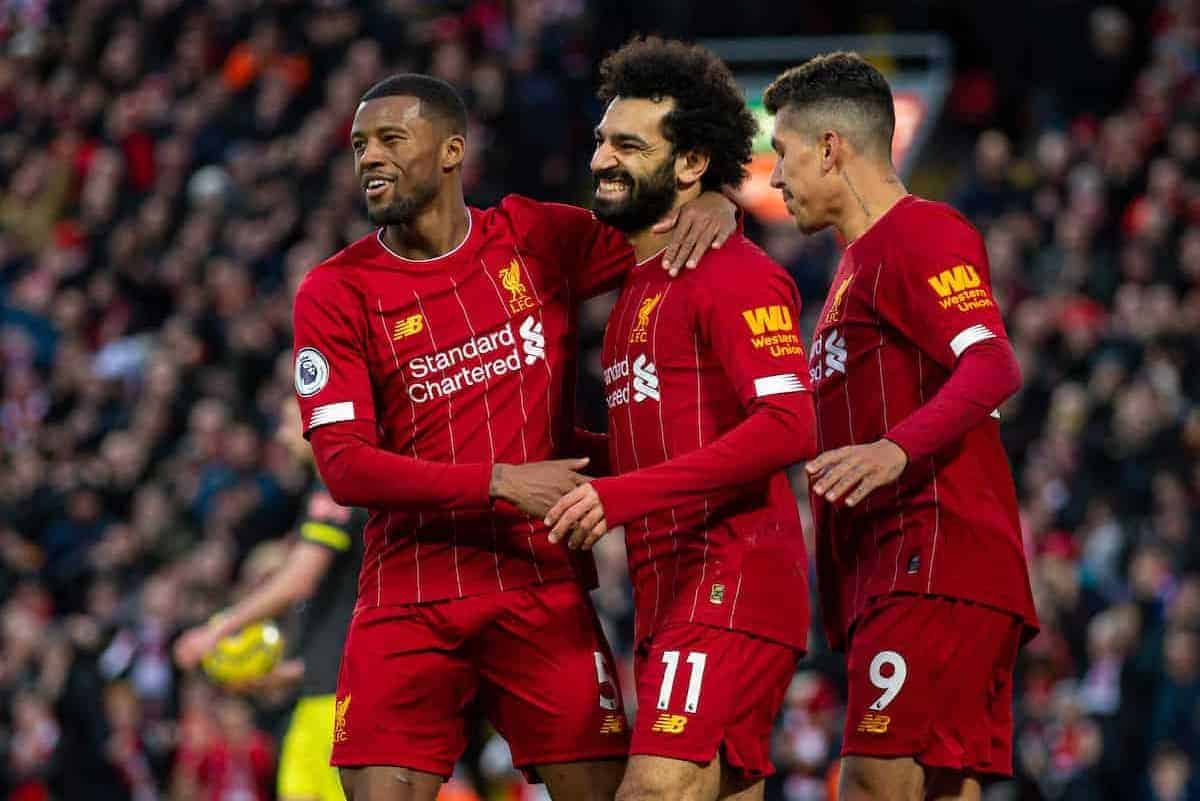
If, like Liverpool, they have bought at suitable ages, they often have positions locked down for years to come. If they feel the dynamic of a group does not need to be altered, there do not require changes for changes’ sake, only a refresh because of age.
And the reality is that Liverpool had proved Klopp right before he spoke on the final day of January. Their fortunes have been transformed by signing and by not signing.
The last three windows have been notable largely for transfer-market inactivity; they are six wins from the title with only 66 minutes of Premier League football from outfield arrivals, in Minamino, albeit aided by a backup goalkeeper with a 100 percent winning record, in Adrian.
Plenty of champions are defined by the previous summer’s signings. Not Liverpool. The final pieces in the jigsaw were already there. And they still are.
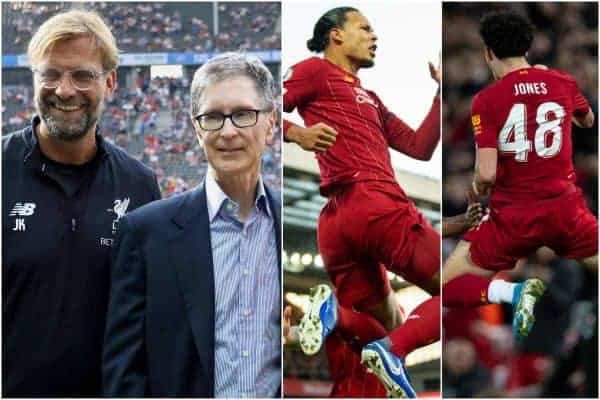

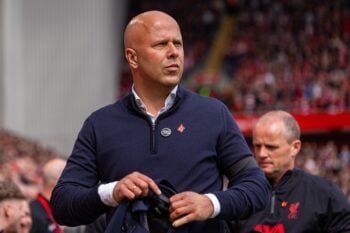
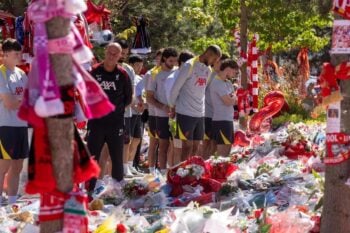
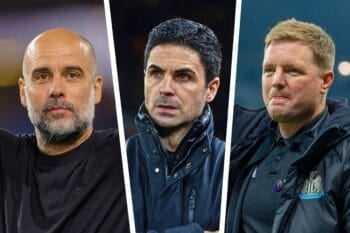

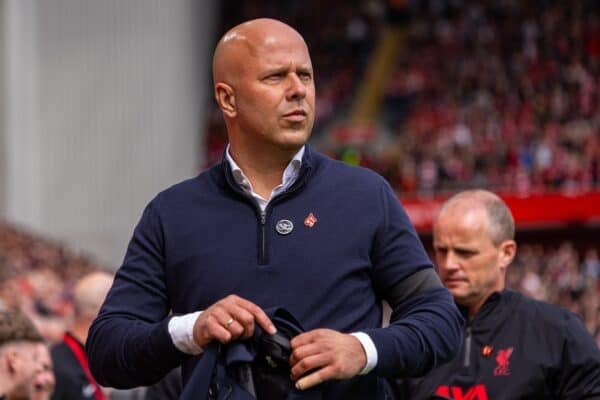
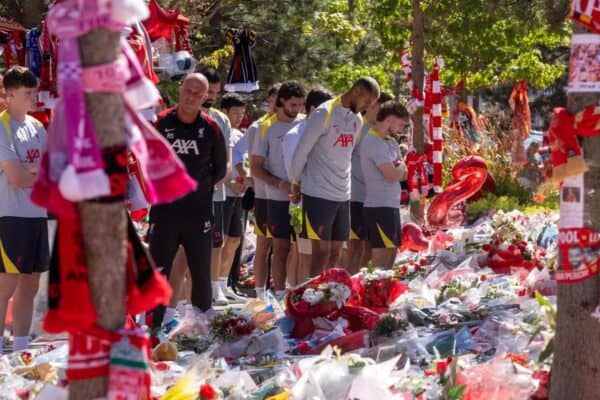
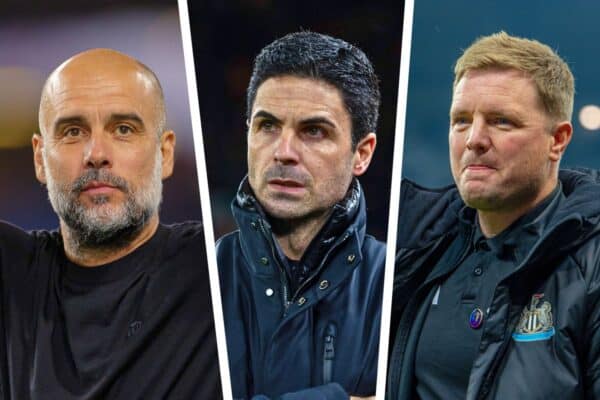









Fan Comments